CRITICAL THINKING & STRATEGIC PROBLEM-SOLVING SKILLS
1 day
Have you ever tried to tackle a problem and found you go around and around, never confident you are getting to the nub of the issue? In this course, you are taught techniques to analyze and break down problems into understandable components. Just as important, you learn ways to re-frame and clarify the problem that more easily leads to a solution. After all, it is often said that a problem well stated is half-solved. And, you gain skills to leverage left and right-brain thinking as it relates to the correct solutions for the problem.
As part of the emphasis we place on experiential learning, you will help solve some challenges in realistic case studies. Participants will then transfer the skills learned in the case study to their world to identify the root causes of some challenges they are facing and come up with potential solutions.
Tool Used: Participants use a “Problem Solving Style Inventory Self- Assessment” which illustrates a person’s preferred problem-solving technique: Ego-Oriented, We-Oriented, Deferred, Other-Oriented or I/We-Oriented. Depending on the situation, each of these five styles is a useful managerial approach when solving problems and making decisions.
Learning Outcomes
Identify which problem-solving styles you tend to use – or ignore
Understand when and how to use different styles
Determine which of the five styles is most effective for your team
Identify the important factors to consider when choosing a style
Understand the 5 steps in the problem-solving model
Better define the causes of problems before they occur and learn to leverage creativity
Utilize a problem-solving tool called, ‘Fishbone’ for simpler problems
Learn to utilize a tool called, ‘Mind-mapping’ for more complex problems
Recognize explicit and tacit assumptions and their consequences
Distinguish relevant from non-relevant data, fact from opinion
Evaluate the information and its sources critically
$595 Plus Tax
Who Should Attend?
Anyone within an organization from owners, executives, managers, supervisors, front line and administrative staff.

